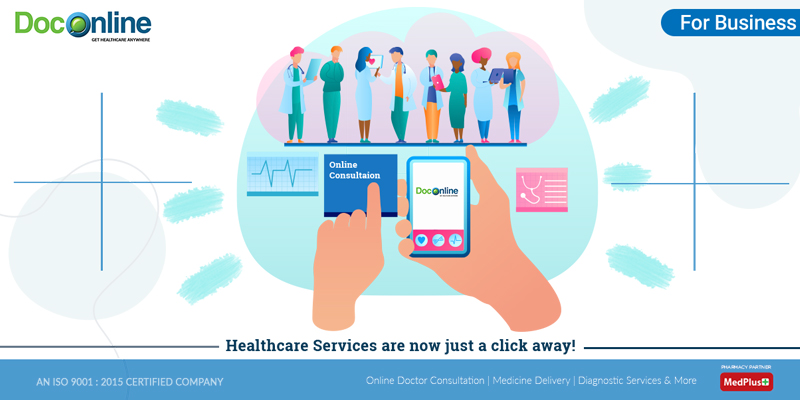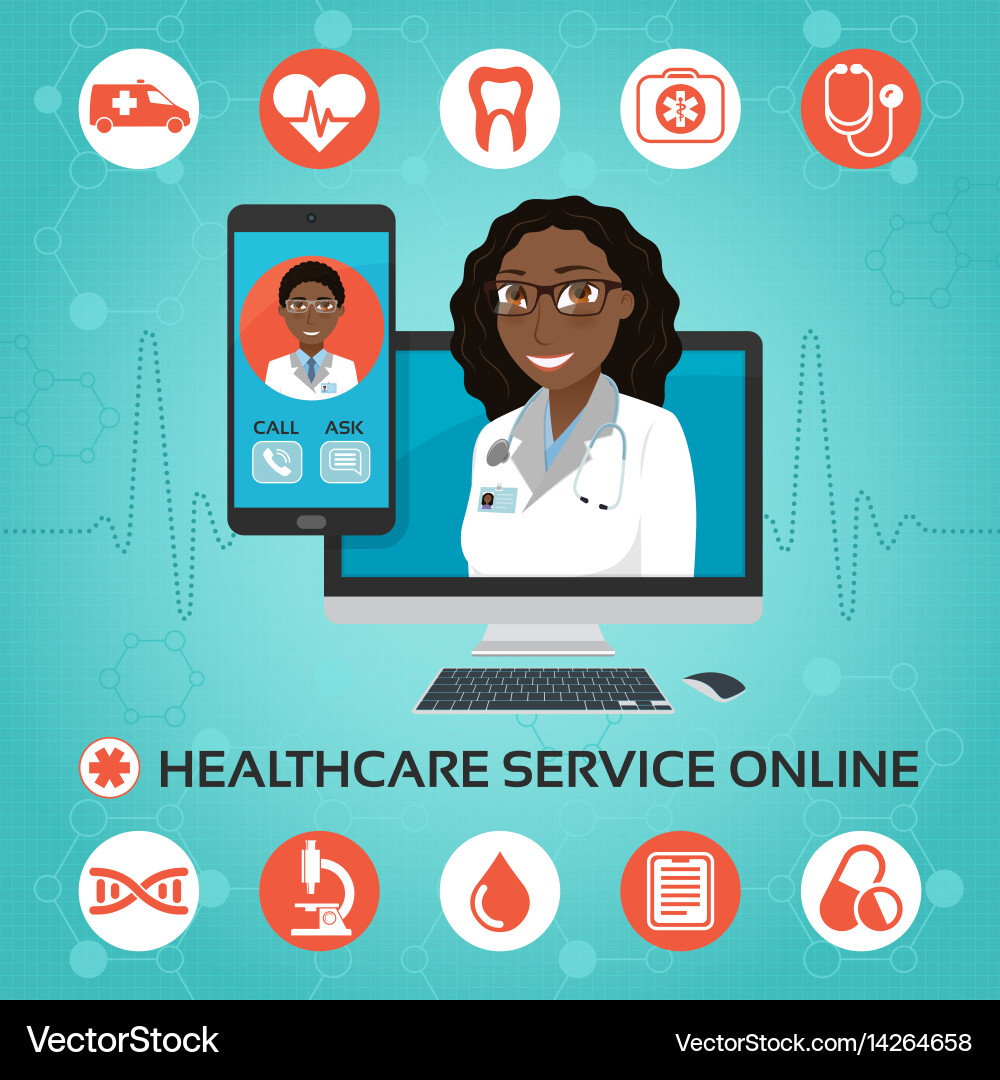The Increase of Subscription-Based Health Care and Its Influence On Patient Care
As health care develops, the subscription-based version is obtaining traction, promising to change individual care by offering predictability and access. The capacity for these models to improve health care delivery increases pressing concerns about their long-lasting sustainability and inclusivity. Are these subscription solutions the future of healthcare, or do they take the chance of leaving prone populations behind?
Comprehending Subscription Health Care Models
Comprehending the concept of membership medical care designs entails analyzing a transformative approach to medical solutions that stresses cost and accessibility. These versions, typically described as direct key care (DPC) or concierge medication, have actually become ingenious choices to conventional fee-for-service medical care systems. Registration healthcare enables individuals to pay a set monthly or annual charge for a specified collection of medical services, which may consist of endless office sees, routine check-ups, and fundamental laboratory examinations, without the demand for traditional insurance coverage payment.
The framework of subscription medical care versions is made to streamline client care by eliminating third-party payers and complicated invoicing codes, consequently lowering management burdens. Doctor can concentrate a lot more on individual treatment, promoting more powerful patient-provider connections. This model also promotes preventative care by urging normal visits, as the financial barrier of per-visit costs is gotten rid of.
The registration version commonly equips health care suppliers to handle smaller client panels, permitting more tailored treatment. It lines up financial motivations with person health and wellness results, as companies are motivated to maintain individual contentment and wellness. Overall, understanding registration health care models calls for acknowledging their potential to improve exactly how treatment is provided and accessed.
Benefits for People and Suppliers

With a steady profits stream, healthcare specialists can dedicate even more time to each patient, leading to a much more personalized and detailed care experience. The focus on preventive care within registration plans can lead to much better individual end results and lowered long-lasting health care prices.
Concerns and difficulties
While subscription-based healthcare designs existing numerous benefits, they likewise feature a collection of challenges and worries that have to be dealt with. Access continues to be a significant issue, as these designs commonly target people that can manage monthly fees, potentially excluding low-income populations. This raises ethical questions regarding equitable access to medical care solutions. In addition, the varied nature of subscription strategies can lead to complication amongst patients concerning protection specifics, possibly causing unmet assumptions or poor treatment.
Financial sustainability of subscription-based versions is an additional worry. Carriers have to stabilize the set earnings from subscriptions with the variable prices of health care services, which may rise and fall as a result of unanticipated medical demands. This can develop pressure to restrict services or rise charges, potentially influencing individual complete satisfaction and care quality.
Additionally, regulative oversight of subscription-based medical care versions is still evolving. Dealing with these difficulties is critical for the effective and fair application of subscription-based health care.
Effect on Patient-Doctor Relationships
One significant effect of subscription-based health care designs on patient-doctor connections is the capacity for improved continuity and customized care. By adopting a membership design, doctors can handle a smaller patient panel, enabling more dedicated time with each person. This raised schedule promotes a deeper understanding of a patient's medical background, way of living, and choices, allowing much more tailored therapy strategies and interventions.

Nonetheless, it is very important to recognize that while subscription-based versions may profit those who can manage them, they might inadvertently expand health care differences. Individuals who are not able to join these versions might experience lower access to individualized care, possibly impacting their connections with doctor. Thus, while the registration model uses promising benefits for patient-doctor relationships, it also presents challenges that require to be resolved to guarantee fair healthcare gain access to.
Future of Medical Care Access

The duty of modern technology can not be forgotten in this makeover. Telemedicine systems and electronic wellness documents help with smooth interaction in between people and doctor, damaging down logistical and geographical obstacles. Furthermore, developments in expert system and information analytics can better individualize healthcare by forecasting person requirements and enhancing treatment strategies.
Nevertheless, the future of healthcare access additionally provides challenges, such as ensuring equity throughout different socio-economic teams. Policymakers and health care companies should team up to connect the digital divide, making certain that subscription-based designs remain inclusive and inexpensive. As these systems develop, they hold the promise of making medical care much more obtainable, effective, and patient-centric.
Verdict
Subscription-based healthcare versions are improving client treatment by giving a stable expense framework and enhancing ease of access. These versions reinforce patient-provider relationships via individualized care and routine sees, emphasizing preventative health and you can look here wellness. In spite of these advantages, challenges such as ease of access problems for low-income populaces and the requirement for fair medical care remedies persist. The rise of subscription-based healthcare motivates aggressive patient engagement, which has the potential to improve client results and fulfillment, signifying a transformative change in medical care delivery.
As medical care their explanation advances, the subscription-based design is acquiring traction, promising to change person care by offering predictability and access.Subscription-based medical care designs provide distinct benefits for both people and providers, enhancing the overall medical care experience.As health care systems evolve, the future of healthcare gain access to frequently pivots on the combination of innovative versions and innovations.Subscription-based healthcare designs are reshaping individual care by giving a steady price structure and boosting ease of access. The rise of subscription-based health care encourages positive person interaction, which has the possible to improve person outcomes and contentment, indicating a transformative change in healthcare distribution.
Comments on “The Future of Medicine: Discovering Subscription Based Healthcare Designs”